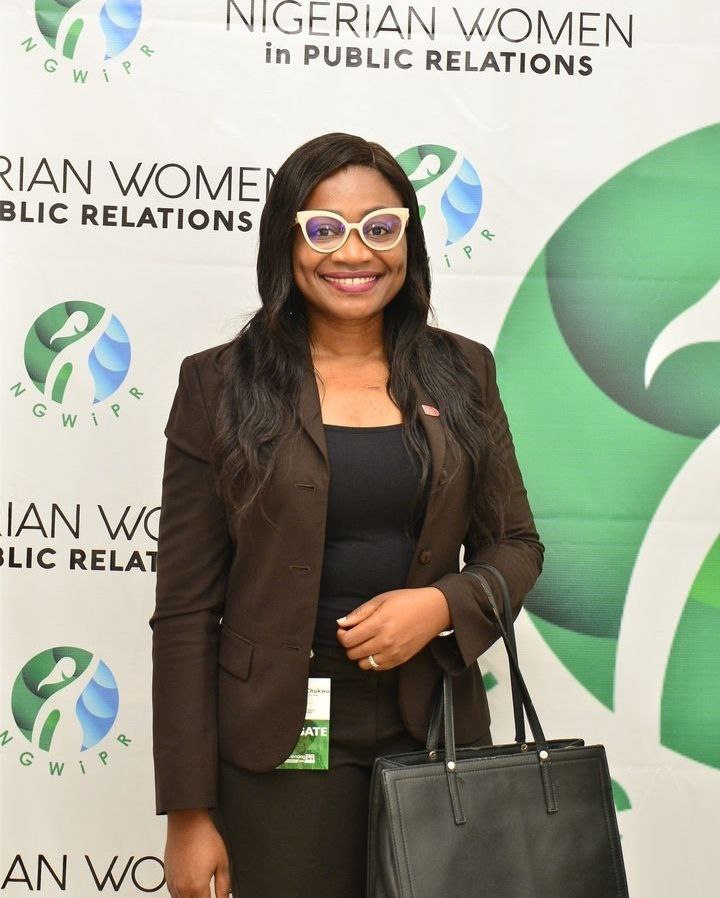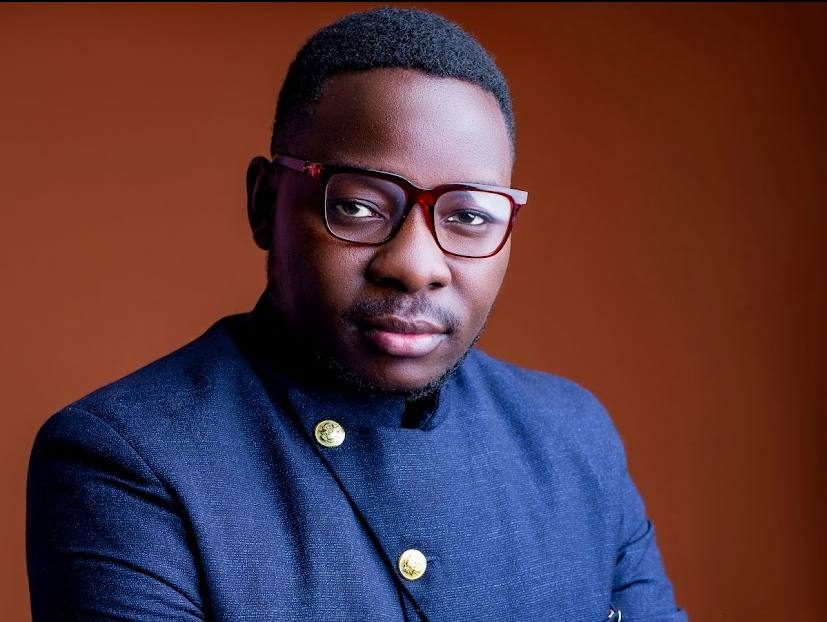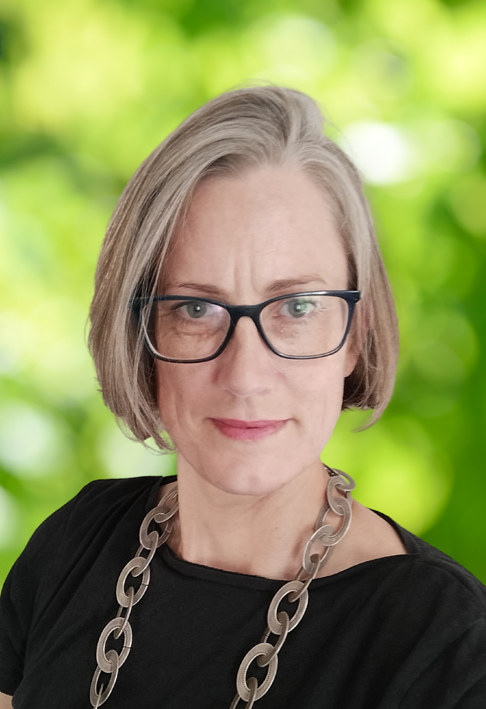Our Comms spotlight for this week has some profound advice for her younger professional self and by extension young Communications professionals. Meet Chisim Chukwu, Corporate Communications Lead at Nigerdock. Her career journey is one of intentionality and resilience. Despite being unable to transition to Communications from the sciences as an undergraduate, she persevered, completing a degree in Computer Science before pursuing a Master’s in Communications. In her interview with us, she shares about the uniqueness of practising Communications in the Maritime sector.
Please tell us how you started your career journey in Communications.
I initially wanted to study Mass Communication during my bachelor’s degree, but I couldn’t make the switch due to the required SSCE subject combinations. I was in the pure sciences, where I studied Geography, while a transition to Mass Communication required Literature in English.
My next plan was to pursue an immersive master’s degree in Communications to learn the foundations of the discipline and eventually transition. Thankfully, the School of Media and Communications at Pan-Atlantic University made that possible. After working as a content writer and in branch operations at a commercial bank, I decided to resign my job and undertake the one-year MSc in Media and Communications.
This marked a turning point in my journey. The master’s programme provided an internship opportunity at an integrated marketing communications agency, which played a key role in my successful transition. I primarily worked on the content team, servicing clients in the banking, financial services, FMCG, healthcare, and energy sectors. I eventually rose to lead the content team.
What does your role as Corporate Communications Lead at Nigerdock entail?
As the Corporate Communications Lead at Nigerdock, I am the primary brand custodian, ensuring consistent messaging across all touchpoints. My responsibilities include managing internal and external communications, reputation building and management, enhancing strong media relationships, and overseeing content for owned channels.
The role is especially crucial as the company undergoes a pivot in operational focus. I ensure that internal and external stakeholders understand and buy into our vision, the changes, and how they will shape the company’s future direction – who we are, where we’re headed, and the steps we’re taking to get there.

Describe a significant career challenge you faced and tell us how you overcame it.
As I transitioned to full-time communications, I knew that advancing my career required a strategic approach to education, training, and certifications. I didn’t want to accumulate courses or certifications just for the sake of it.
I began by mapping out my short-term and long-term goals, identifying what I wanted to achieve now and how these goals would contribute to my career in the long run. This guided my decisions on the options that aligned with my aspirations.
I researched relevant opportunities, seeking programmes and courses that directly supported my goals. And then I turned to peers and mentors who had already navigated this journey. Speaking with them provided valuable insights into what worked for them, what pitfalls to avoid, and how to optimise available resources.
Tell us about a campaign or project you’re particularly proud of and why.
During my time at an integrated marketing communications agency, I managed the content deliverables for a client that had just undertaken an acclaimed merger. It was an intense period for everyone on the account.
There were different aspects of communication involved: employee communication, brand management, change management, crisis communication, etc., and it was a defining moment for me. A lot of the things that I had learnt during my master’s education came to bear. I could see some of the simulation exercises play out in real life, and it was exciting, demanding, and fulfilling.
We met our targets, and the outcomes from different stakeholders were largely positive, which I think is a key goal for every campaign/project. The agency received a commendation message from the company’s GMD for all the creative ideas and efforts we had put in, and this was a validation of my growing expertise.

Tell us about some of the peculiarities you experience practising Communications in the Maritime industry.
The maritime industry is primarily B2B, which requires high-level communication.
Effective communication in this sector demands a strong understanding of how the business works. You need to understand the key regulations and regulators governing the industry, alongside compliance frameworks like ESG principles and health, safety, and environmental (HSE) standards.
At all times, it’s crucial to understand what matters to whom and ensure it is communicated in the right language and through the appropriate medium, while ensuring that no stakeholder is sidelined.
What advice would you give to your younger professional self?
“Always take yourself along with you.”
It is easy to get lost working in the background to make your company or client’s brand stand out. Our profession requires working almost round-the-clock to sustain affinity, positive perception, and favourable reputation.
While at it, document your strides, enjoy the perks of your role, rest when you can, and shine brightly.





